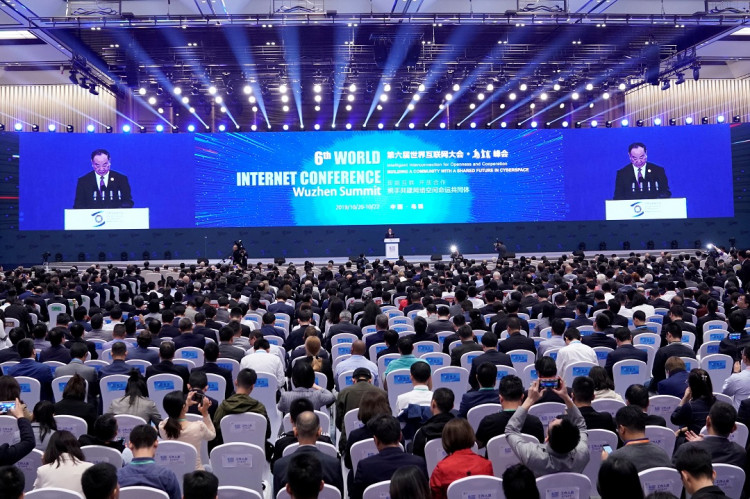The annual World Internet Conference (WIC) in China had a number of frequent participants absent this year. Major big-name US tech companies reportedly did not show up at the event held over the weekend, fearing a possible backlash from their home country given the ongoing trade dispute between China and the United States.
The state-run event, which is known locally as the Wuzhen Summit, was first held in 2014. It was set up by the Chinese government to be a platform to promote global internet governance and to foster cooperation between global market leaders.
Since its establishment, major tech companies from all over the world have attended the event each year, with big-name tech firms such as Apple, Google, Twitter, and Facebook being regular visitors. However, this year, all four of the big US tech firms have chosen not to participate.
In 2017, the CEO's of both Google and Apple flew to China to attend the event. Tim Cook even gave a speech about his company's vision for the global internet and the digital economy. Apple reportedly did register for the event this year, but no one from the company had arrived over the weekend.
Last month, China's internet regulator had confirmed that Apple would be attending the WIC. However, it clarified after the event that the company's representative wasn't able to make it as he was "called away for other matters."
While the big four tech firms did not take part in the event, a number of other US firms were still present. Some of the attendees included US internet firms such as Qualcomm, Intel, Cisco Systems, Honeywell, and Microsoft. The aforementioned companies were represented by their respective regional presidents and other top executives.
With the absence of the four US companies, smaller US tech firms were given the opportunity to take the stage and form new partnerships with their Chinese counterparts. Shahriar Rokhsaz, the CEO of the Texas-based semiconductor firm Axzon, stated that despite the negative effects of the trade dispute, he still remained positive about his company's business in China. The executive mentioned that it will be very difficult to stop doing business with China given its market dominance.
The CEO of US medical device firm Cerevast, Bradford Zakes, echoed the same sentiments but mentioned that there are some concerns. However, Zakes stated that it really is all about finding the right Chinese partner to mitigate any risks. His company is also in a "wait and see" position regarding the outcome of the trade dispute, but in the meantime, they will forge on to develop new partnerships in China.
Apart from the US firms, a number of executives of Chinese tech giants were also present at this year's event. Among those were former Alibaba CEO Jack Ma and Baidu CEO Robin Li Yanhong.






